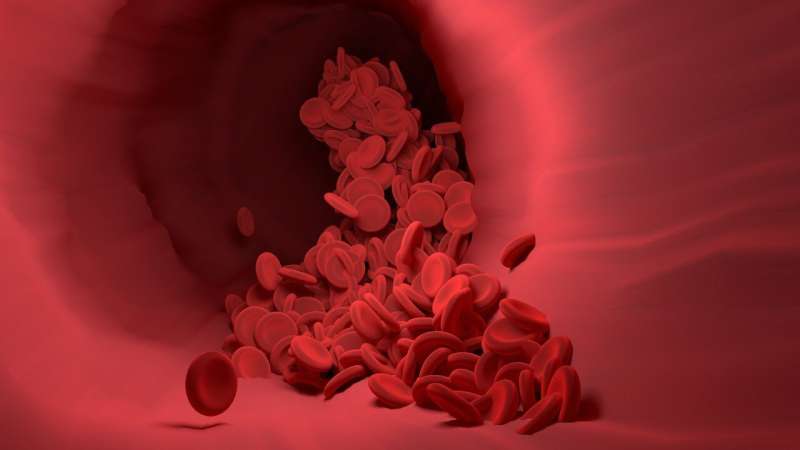The Role of Inhibition in Learning and Spatial Memory Formation

New research uncovers the crucial role of neural inhibition in enabling rapid learning and memory formation, with implications for Alzheimer’s and cognitive health. Explore how inhibitory circuits in the hippocampus act as gatekeepers for spatial memory.
Understanding how the brain encodes and recalls spatial information is essential for deciphering the mechanisms underlying learning and memory. Recent research highlights the pivotal role of neural inhibition—specifically, the activity of inhibitory interneurons—in shaping the brain's ability to rapidly learn important locations. This study, led by Nuri Jeong and colleagues at Georgia Tech, explores how inhibitory circuits in the hippocampus, such as parvalbumin interneurons (PV neurons), act as gatekeepers to facilitate learning.
Jeong's personal experience reconnecting with her grandmother, who suffered from Alzheimer's, inspired her to investigate the brain’s learning processes. Her team employed advanced techniques, including optogenetics, to manipulate interneurons in real time while monitoring neuronal activity in mice navigating virtual mazes. They observed that prior to reaching a reward in the maze, PV neurons decrease their firing rate, effectively releasing the inhibitory brake and allowing excitatory neurons to strengthen their synaptic connections, thereby consolidating the memory.
This dynamic modulation of inhibition challenges traditional views, suggesting that inhibition is not merely a static mechanism for controlling overactivity but a finely tuned process critical for learning. When researchers blocked this decrease in inhibition, mice failed to acquire the spatial memory, underscoring its significance.
The findings have meaningful implications for understanding neurological conditions such as Alzheimer's disease, where timing and localization of inhibitory signals are disrupted. Since inhibition impairment can hinder new memory formation, strategies to restore proper inhibitory function could lead to novel therapies. Future research aims to explore how these inhibitory circuits operate in disease models and whether noninvasive brain stimulation could enhance memory formation.
For Jeong, the research experience personally resonates, reflecting her journey through setbacks and recovery. She emphasizes that neural inhibition is about more than stopping activity; it’s essential for learning, memory, and navigating the world.
In sum, this study deepens our comprehension of the brain's learning circuitry, revealing inhibitory control as a key player in how we adapt and remember, with exciting prospects for addressing cognitive disorders.
Stay Updated with Mia's Feed
Get the latest health & wellness insights delivered straight to your inbox.
Related Articles
Brain Mapping of Body Parts in Adults with Autism Mirrors That of Typically Developing Individuals
A groundbreaking study reveals that adults with autism have brain representations of body parts similar to those of neurotypical individuals, challenging previous assumptions about perceptual differences in ASD.
New Research Finds One in Twelve Patients with Multiple Cancers Have Inherited Genetic Risks
A groundbreaking study reveals that 1 in 12 patients with multiple cancers carry inherited genetic mutations, highlighting the need for broader genetic screening to improve cancer management and prevention.
Innovative Findings Could Enhance Hemophilia A Treatments
New research identifies structural variations in factor VIII that contribute to treatment resistance in hemophilia A, paving the way for more effective therapies.
Post-COVID Lung Abnormalities Commonly Improve Over Time, New Consensus Confirms
Expert consensus reveals that lung abnormalities after COVID-19 infection typically regress or stabilize over time, with severe fibrosis being rare. This guideline helps improve diagnosis and management of long COVID-related lung issues.



